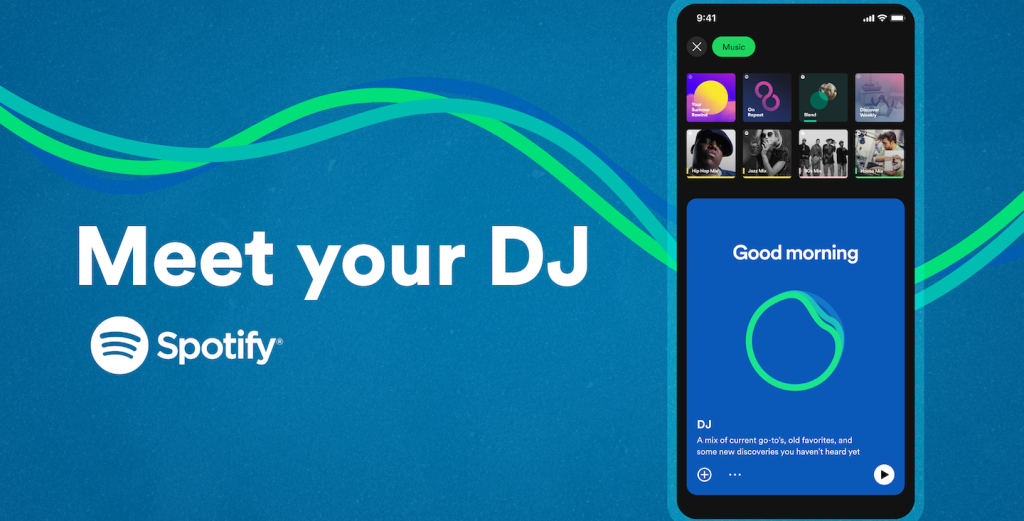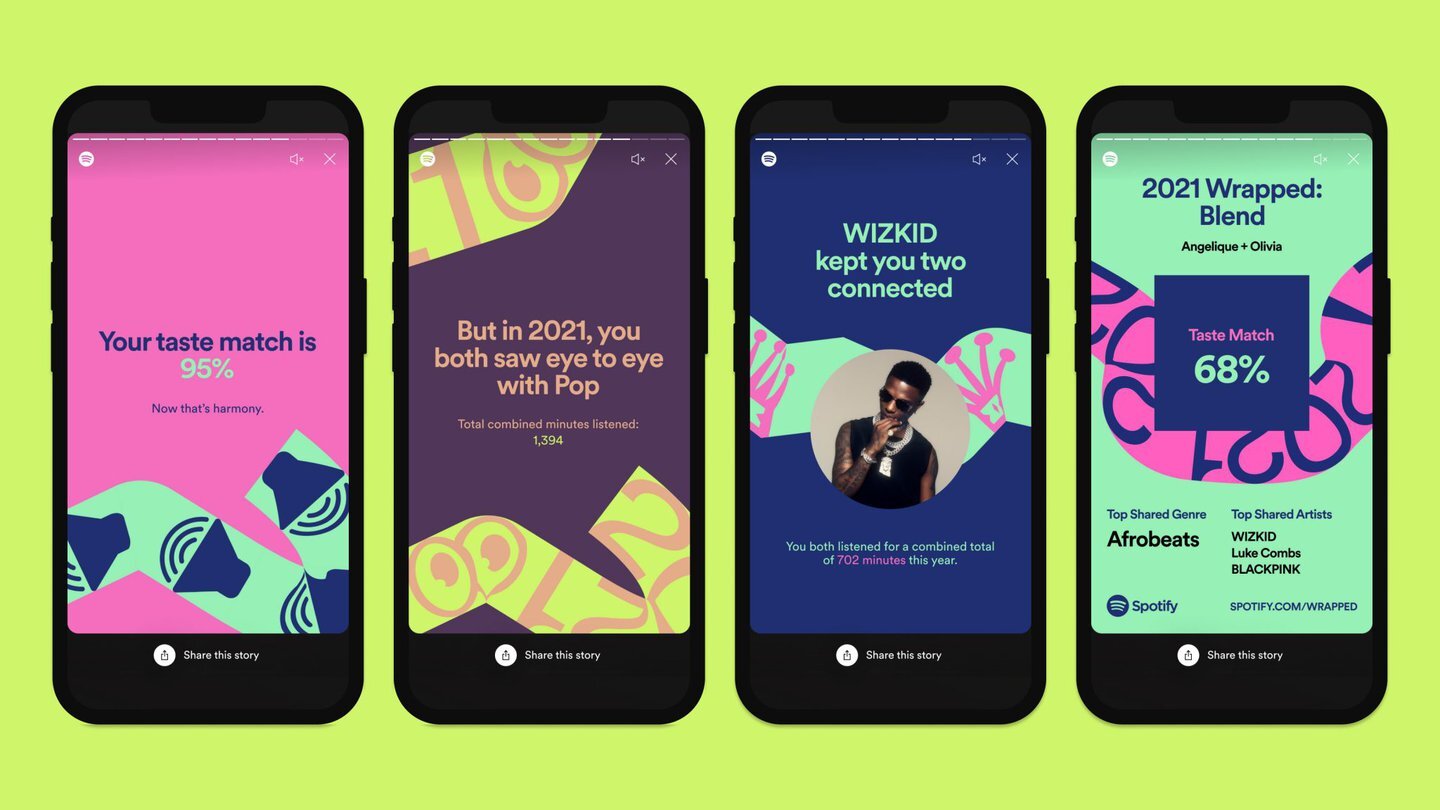In today’s platform-centric culture, consumers are at the centre of every business strategy.
Within this landscape, concepts such as customer retention and personalization have risen to the forefront of modern marketing and established themselves as key drivers of success. In an increasingly consumer-centric market, it has become imperative that brands not only meet customers’ expectations, but also anticipate their needs, therefore providing seamless and integrated experiences.
Understanding customers on a deeper level and leveraging those insights to improve communication and service delivery is one of the greatest challenges within the ever-evolving marketing landscape. Personalisation in marketing entails using customer data to personalise communications to individual interests, demographics, purchasing behaviours, and requirements. It’s a strategy that’s become critical for brands looking to improve consumer experiences, stay competitive, and foster growth in the modern market.

Spotify, a key leader that has been built with personalisation at its core has consistently set itself apart through their offer of tailored musical experiences. Some of the key ways in which the platform has strived to accommodate each user’s unique preferences and experiences includes personalised music recommendations. This comes in the form of insight-driven playlists such as Discover Weekly, Release Radar, Daily Mixes, and Blend, catering to each individual’s needs, preferences and listening habits. What’s more, the recent introduction of Spotify’s AI DJ further showcases the company’s ongoing commitment to personalisation. This technology actively monitors user content consumption, anticipates preferences, and adapts recommendations accordingly, creating an experience that feels truly individual.

However, Spotify has not only excelled in personalisation but has also turned these personalised experiences into shareable content. The annual “Spotify Wrapped” campaign invites users to share and post their listening habits on social media, effectively translating into organic marketing for the brand. The importance of personalisation in fostering both growth and loyalty is highlighted by this simultaneous benefit of raising brand awareness among new customers while maintaining and interacting with current ones.
While personalisation as a crucial marketing strategy is not new, its scope has expanded beyond mere tailoring of content and its importance will continue to grow. Brands now face the challenge of not only catering to customers’ needs but also predicting them before they even arise. In other words, brands that want to position themselves at the forefront of the competitive market will need to create seamless and integrated personalised experiences that feel natural to each customer. For this reason, predictive personalisation – as well as the need to harness new technologies such as AI – have been rapidly gaining traction as tools for not only meeting, but exceeding customer expectations.

All of this applies to the realm of social media, where customers crave and actively seek content that resonates and speaks to them. This is reflective of the growing demand for hyper-personalised content and the growing rejection of impersonal and generic experiences.
The relationship between customer retention and personalisation seems to have become to a certain extent a symbiotic one, with each concept fuelling the other ones’ success. Platforms like Spotify serve as powerful case studies, showcasing the effectiveness of personalised approaches in fostering customer loyalty and driving growth. As we move forward, the significance of personalisation will continue to grow, further reshaping how brands and social media platforms produce content and interact and connect with their customers.
Looking for a digital and social media agency based in London to help you achieve your objectives? Get in touch here.
[Feature Image Creds: Spotify]




